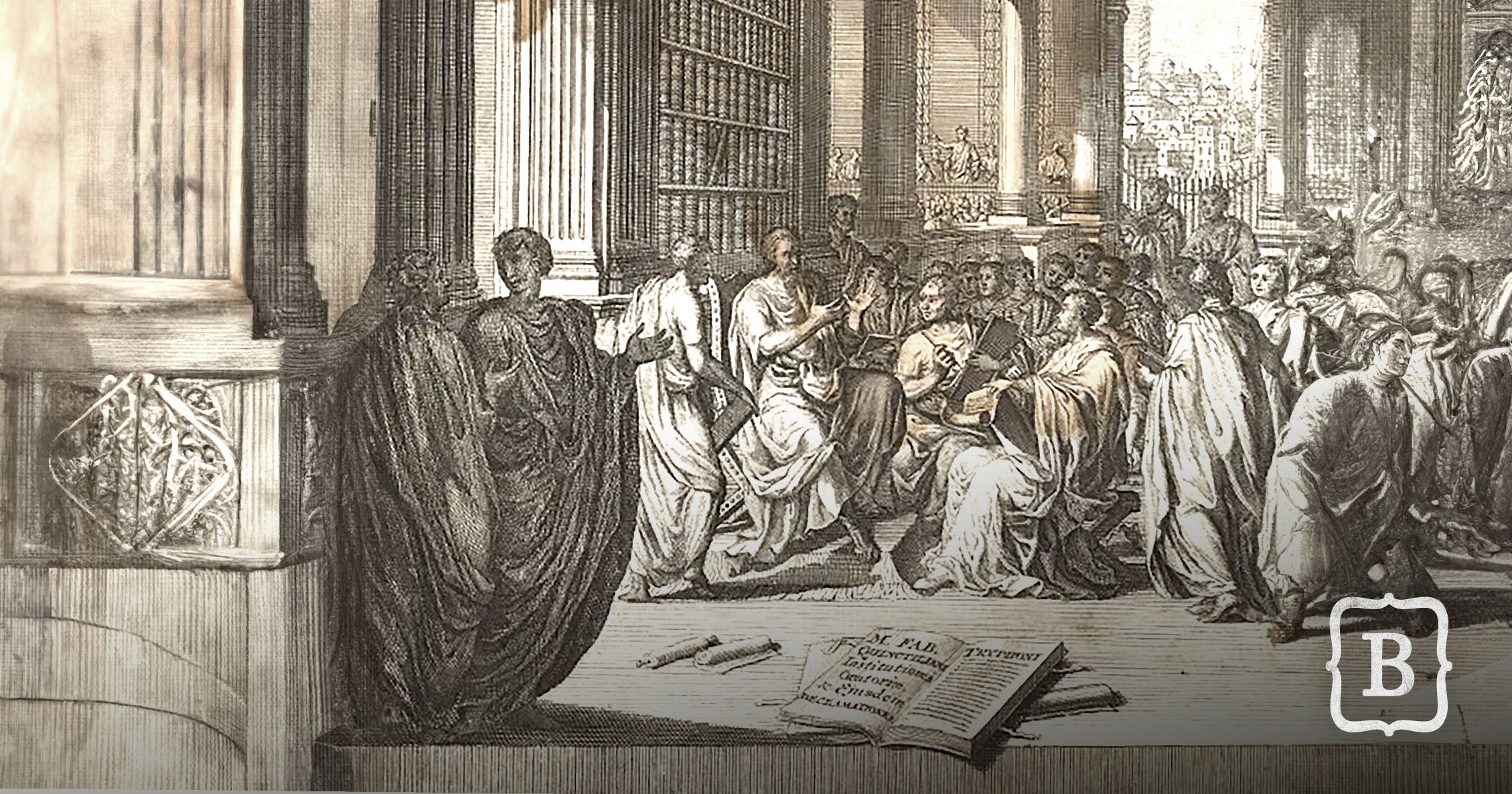Narration in the Classroom and at Home
One of the insights of classical, Christian education is that education is much more than information transfer, or preparation to take tests. It is a rigorous training of the whole soul: body, mind and spirit. As Plutarch wrote long ago, “the mind is not a vessel to be filled, but a fire to be kindled.”
Clearly, this a much more difficult task than merely filling students’ heads with facts and information! It calls teachers to engage and shape students’ affections, imaginations, tastes and perspectives on reality. Achieving this holistic goal requires a high level of commitment on the part of the school, the student and the parents. To succeed, it means not only that good habits need to be formed at school, but that they need to be reinforced at home.
This is why Chapel Field’s mission statement begins by stating that the school “partners with parents” to offer a classical education to its students. Shaping heart, mind, body and soul requires nothing short of immersion. And that kind of immersion exists most fully when home and school lock arms in one, common enterprise.
This brings me to my main point: there is one simple, practical way in particular that parents can help ensure that their children get the most out of their classical education. They can create a culture at home where their children “narrate” back what they’ve been learning.
“Narration” is an ancient pedagogical practice, named by 19th century educator Charlotte Mason. This year the Chapel Field faculty have been studying and practicing it at our faculty development meetings. What is it exactly? At first glance, it sounds deceptively simple: have students give full and vivid re-tellings of what they’ve read, seen or heard. Its children get older, training in narration incorporates more structure and detail. For instance, in order to build the habit of attention, true narration requires that students narrate immediately after exposure to content - and without looking back at what they’ve read, seen or heard.
Once it’s learned, however, the habit of narrating what’s been observed, read and learned benefits students in profound and measurable ways. Jason Barney’s book A Classical Guide to Narration documents many of these. Along with training the habit of attention, narration dramatically improves memory, comprehension, fluency, vocabulary and confidence. In the act of re-telling what’s been learned, students absorb and assimilate knowledge in powerful ways. Barney lists studies that have backed this up, and also gives anecdotes of middle schoolers who can fully relate a chapter of Jeremiah after one reading, and summarize chapters of the Great Divorce months after doing the reading. Who wouldn’t want this to be true of their children? However, he also shows that, to enjoy these benefits, students need to be in a consistent habit of narrating.
This is a perfect opportunity for parents to partner with Chapel Field. Have your students narrate back to you what they’re studying. Give them opportunities to tell you about the books they’re reading, the art and music they’ve been learning, the science experiments they’re observing, or the parts of God’s plan of redemption they’ve been examining in Bible class.
Although formal narration involves multiple steps and some degree of training, the basics can be used by anyone to great effect. The key is to encourage them to give you a re-telling that involves more than a few snippets of information. Ask questions that prompt your student to weave together a narrative with detail, color and their personal impressions. Ask for a re-telling of the basic gist of a novel’s plot, the problem Pythagoras was working through when he devised his theorem, or the theological dilemma that Paul is addressing in the Book of Romans.
Not only will this practice help you as a parent be involved in your student’s academic life, it will open up plenty of potential conversations, and reinforce their habit of narrating what they’re learning. This in turn will help them absorb and assimilate that knowledge in dee ways that will continue to impact them in years to come.
Dr. Nathan Gill serves as Academic Dean and Chairman of the History Department at Chapel Field.





